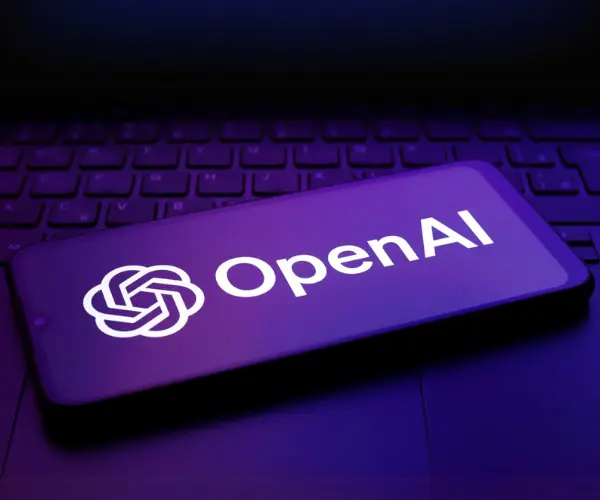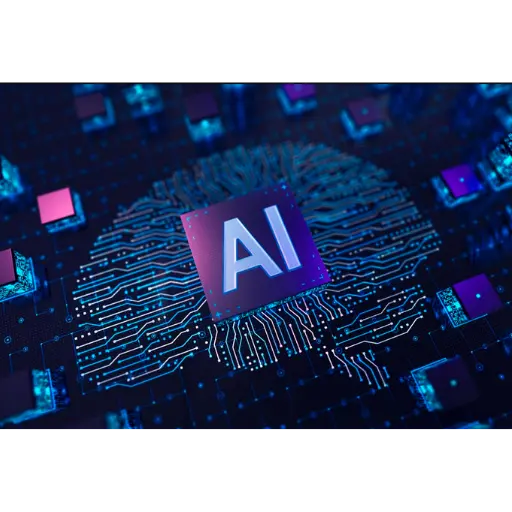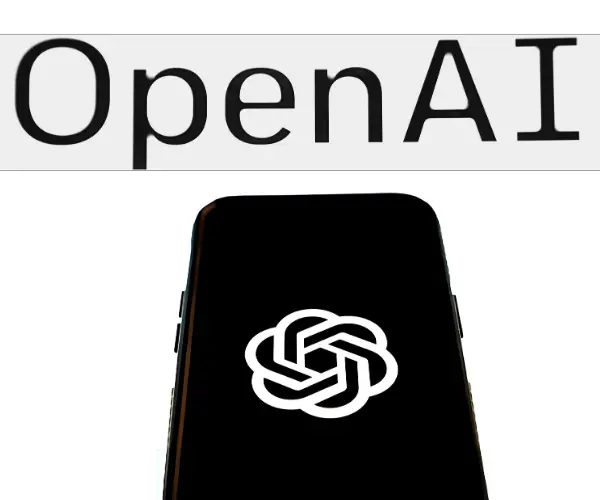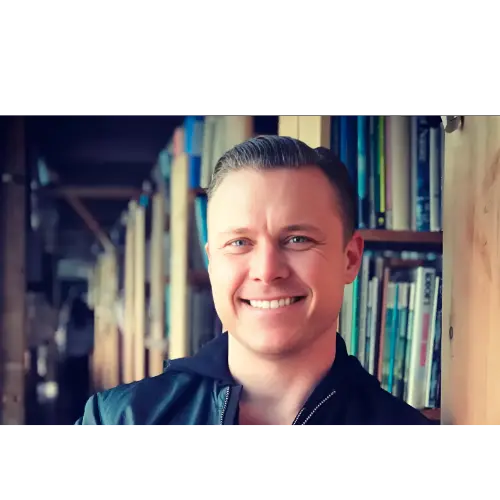Former OpenAI Researcher and Whistleblower Dies at 26

Suchir Balaji, a former researcher at OpenAI and vocal critic of the company, was found dead in his San Francisco apartment at the age of 26. Officials have determined the cause of death to be suicide, according to David Serrano Sewell, Executive Director of San Francisco’s Office of the Chief Medical Examiner.
The San Francisco Police Department confirmed that officers responded to a wellbeing check at an apartment on Buchanan Street on November 26. Upon arrival, they found Balaji deceased, with no initial evidence of foul play.
Whistleblower Against OpenAI
Balaji left OpenAI earlier this year, raising concerns about the company’s practices in developing its widely-used ChatGPT chatbot. He publicly alleged that OpenAI had violated U.S. copyright laws by using copyrighted materials to train its AI systems.
In an October interview with The New York Times, Balaji expressed fears about the impact of AI tools like ChatGPT on creators and organizations. He warned that such tools could undermine the commercial viability of individuals and businesses whose digital content is used to train AI systems.
“If you believe what I believe, you have to just leave the company,” Balaji said in the interview, emphasizing his ethical concerns.
Reaction and Ongoing Legal Disputes
OpenAI confirmed Balaji’s death and issued a statement of condolence:
“We are devastated to learn of this incredibly sad news today, and our hearts go out to Suchir’s loved ones during this difficult time.”
The company is currently embroiled in several lawsuits over alleged misuse of copyrighted materials in training its AI models. Plaintiffs, including publishers, authors, and artists, have accused OpenAI and its main backer, Microsoft, of causing billions of dollars in damages.
In response to such concerns, OpenAI CEO Sam Altman has maintained that the company is not overly reliant on any single dataset. Speaking at a Bloomberg event in Davos earlier this year, Altman stated, “We actually don’t need to train on their data. Any one particular training source doesn’t move the needle for us that much.”
Family and Privacy
A family member, when contacted by media outlets, requested privacy during this difficult time.
Balaji’s death has reignited discussions about the ethical concerns surrounding AI development, highlighting the personal toll on individuals working in the rapidly evolving field of artificial intelligence.





